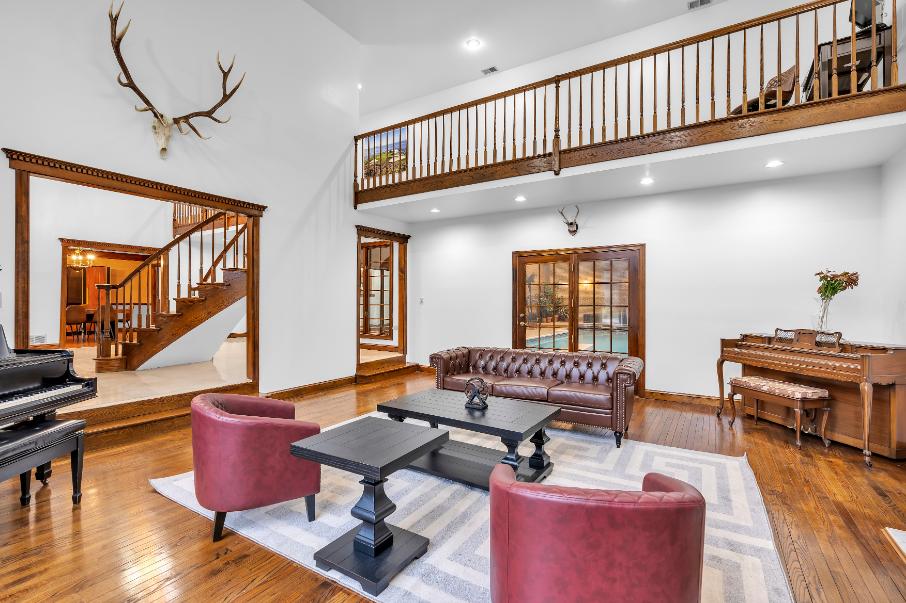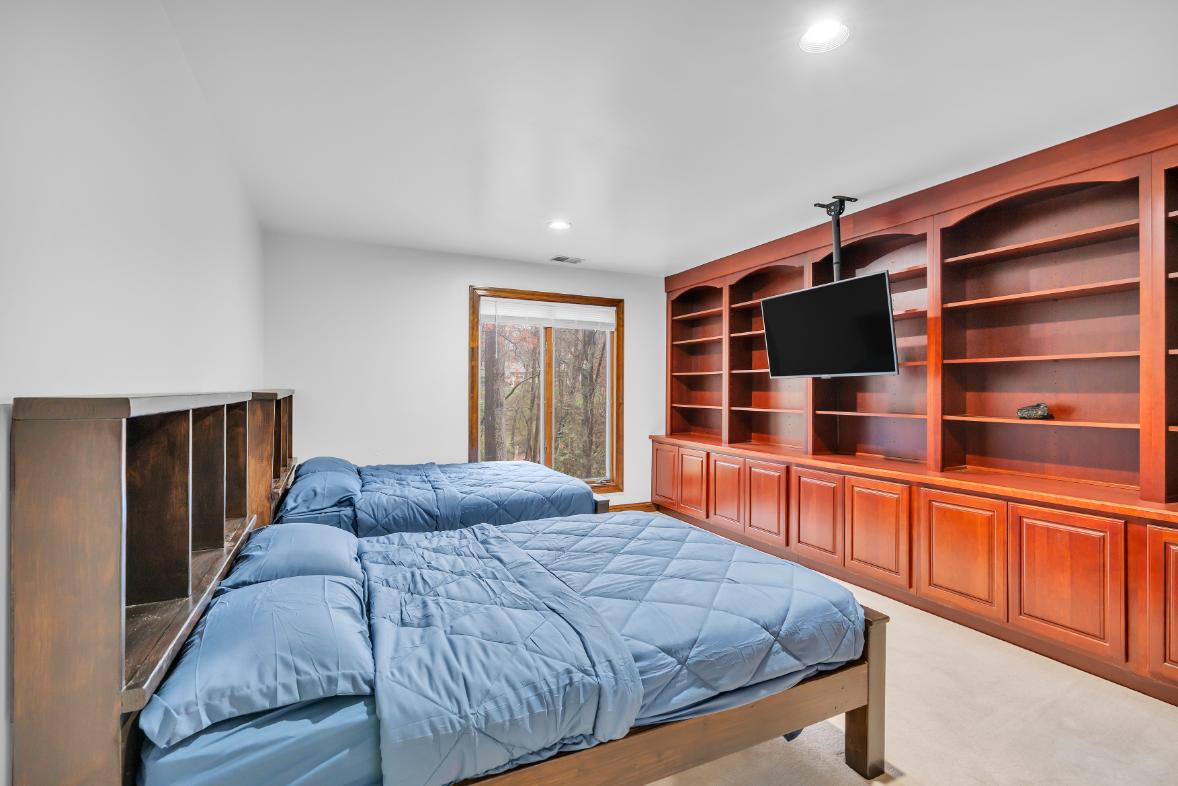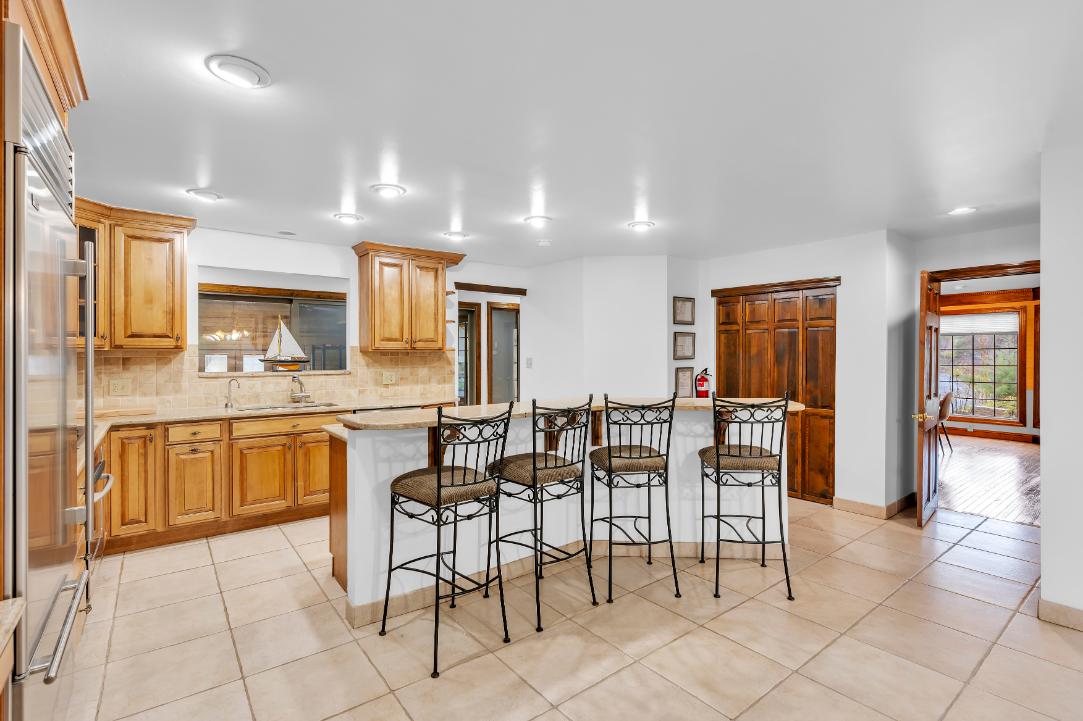Making thoughtful, and sometimes difficult, choices is a key part of the recovery process, and it takes practice. Choosing a sober living home is one of those important decisions. It requires research, reflection, and time to ensure the best fit for your needs and goals. This choice lays the foundation for your new life, offering the support and stability you will need to maintain happiness and sobriety.
As you evaluate sober living options, including those in areas like Cherry Hill, New Jersey, take the time to honestly consider how you feel in each space.
 Does the environment feel comfortable and welcoming? Do you feel supported or uneasy?Â
The atmosphere of a home plays a major role in your ability to grow, connect with others, and receive the support available.
Alongside these personal impressions, there are also practical factors to consider as you compare your options. Both emotional comfort and logistical details will help you find the place that feels right for your next step in recovery.
Does The Home Include The 12-Step Principles?
Support is essential on the path to recovery. Twelve-step programs remain one of the most trusted and effective approaches for achieving and maintaining sobriety. When choosing a sober living home, make sure it offers a structure of support and accountability that aligns with the principles of a 12-step program. This foundation can help you learn, apply, and live by the values that support long-term recovery.
If a home lacks this kind of group focus or does not provide consistent recovery support, it may not offer what you need during challenging times. Finding a community that reinforces your commitment to sobriety is key to your continued success.
Is There A Time Limit On Your Stay?
As you know, every person’s recovery journey is unique. It is impossible to predict whether you will be ready for independent living in six weeks or six months. If a sober living home has a fixed time limit on your stay, it can create added pressure that may actually hinder your progress.
Look for a facility that allows you to determine when you are ready to take the next step. A flexible timeline gives you the space to focus fully on your growth and healing, rather than worrying about someone else’s schedule.
Watch For Common Red Flags
Much like anything in life, the quality of a sober living facility often reflects what you pay for. If a home offers a free or extremely low-cost stay, it may be a red flag. In some cases, these facilities engage in unethical or fraudulent practices, such as collecting sensitive personal information to sell or use for false insurance claims. Others may cut corners by neglecting maintenance or placing residents in unsafe spaces like basements, garages, or outbuildings. These conditions are unfortunately common in some low-cost homes in areas like Philadelphia, PA.
These environments typically lack community support, structured activities, or guidance to help residents navigate the challenges of sober living. In some cases, they may even compromise your physical safety and emotional stability.
Before choosing a sober living home, take time to visit and explore the space. Picture yourself spending time there on both good days and hard ones. Does it feel calm, clean, and supportive? Could you see yourself feeling safe and encouraged there when facing setbacks or moments of vulnerability?
Being honest with yourself about how a place makes you feel will help you make the right choice. A facility like The Forest Sober Living is designed to be safe, supportive, and inclusive, offering the stability and community you need to continue your healing journey with confidence.
Include the Following Checklist, while evaluating this important decision:
- Support Structure: Choose a home that aligns with the principles of a 12-step program and offers peer support, accountability, and a group focus on recovery.
- Emotional Fit: Make sure the environment feels safe, comfortable, and supportive. Trust your instinct—if the space doesn’t feel right, it may not be the best place for your recovery.
- No Fixed Time Limits: Recovery takes time. Look for a facility that allows you to stay based on your progress, not a preset schedule.
- Flexible and Personalized Approach: Avoid one-size-fits-all programs. Each person’s path is different, and your sober living home should respect that.
- Facility Condition Matters: Be cautious of homes that are run-down or overcrowded. Poor living conditions can impact your physical and emotional health.
- Check the Price Tag: Extremely low-cost or “free†stays may be a sign of fraudulent activity, such as misuse of insurance information or lack of ethical standards.
- Tour Before Choosing: Visit the home in person. Ask yourself if it feels like a place you could grow on both your best and most difficult days.
Look for Real Community: A strong sober living home should offer activities, shared responsibilities, and a sense of community that supports your healing.


